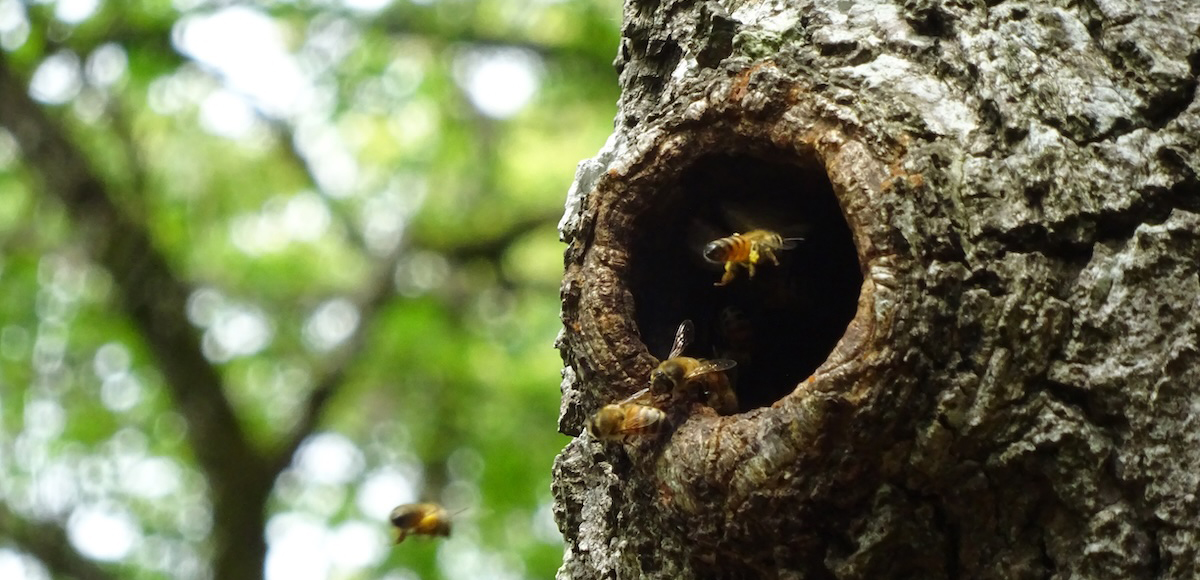Statement from COLOSS on the New IUCN Red List Status of Wild Honey Bees
4 November 2025
COLOSS (Prevention of Honey Bee Colony Losses) welcomes the recent reassessment of wild Western honey bee (Apis mellifera) populations within the European Union, which have now been officially classified as Endangered on the IUCN Red List of Threatened Species™.
This update, led by Honey Bee Watch and an international team of 14 bee researchers and experts — including several members of the COLOSS network — represents a major milestone in honey bee conservation. It acknowledges that Apis mellifera is not only a managed species but also an integral component of Europe’s wild fauna, with free-living colonies forming a vital part of our natural ecosystems.
For decades, wild honey bees in Europe were assumed to have disappeared. However, recent studies have confirmed that free-living colonies still persist across the continent — from Ireland and the UK to France, Germany, Italy, Poland, and Serbia. These populations, living without human management, provide valuable insights into natural resilience, local adaptation, and disease resistance.
The Endangered classification reflects an estimated decline in wild populations over the past decade, driven by multiple stressors including parasites, pathogens, pesticides, habitat loss, and hybridization. It also underlines the urgent need for enhanced research and conservation measures to ensure their survival.
“Recognizing wild Apis mellifera as Endangered is a crucial step toward integrating these populations into broader conservation priorities,” said Professor Simon G. Potts, Co-Chair of the IUCN SSC Wild Bee Specialist Group. “It brings visibility to a species that has long been overlooked in wildlife protection efforts.”
As an international network dedicated to improving honey bee health and preventing colony losses, COLOSS supports continued scientific collaboration to understand and protect wild honey bee populations. These bees are essential to maintaining the genetic diversity, ecological stability, and evolutionary potential of both wild and managed colonies.
COLOSS encourages further research to address data gaps across Europe — particularly in under-studied regions — and to develop conservation strategies that benefit both wild and managed honey bees. Protecting the evolutionary and ecological heritage of wild Apis mellifera is not only vital for biodiversity, but also for global food security and sustainable beekeeping.
📄 Read the full Honeybeewatch press release here:
👉 Press release from Honeybeewatch
📄 Read the full IUCN Red List assessment here:
👉 https://www.iucnredlist.org/species/42463639/277757621
For more information about Honey Bee Watch and the research leading to this reassessment, visit:
👉 https://www.honeybeewatch.com










